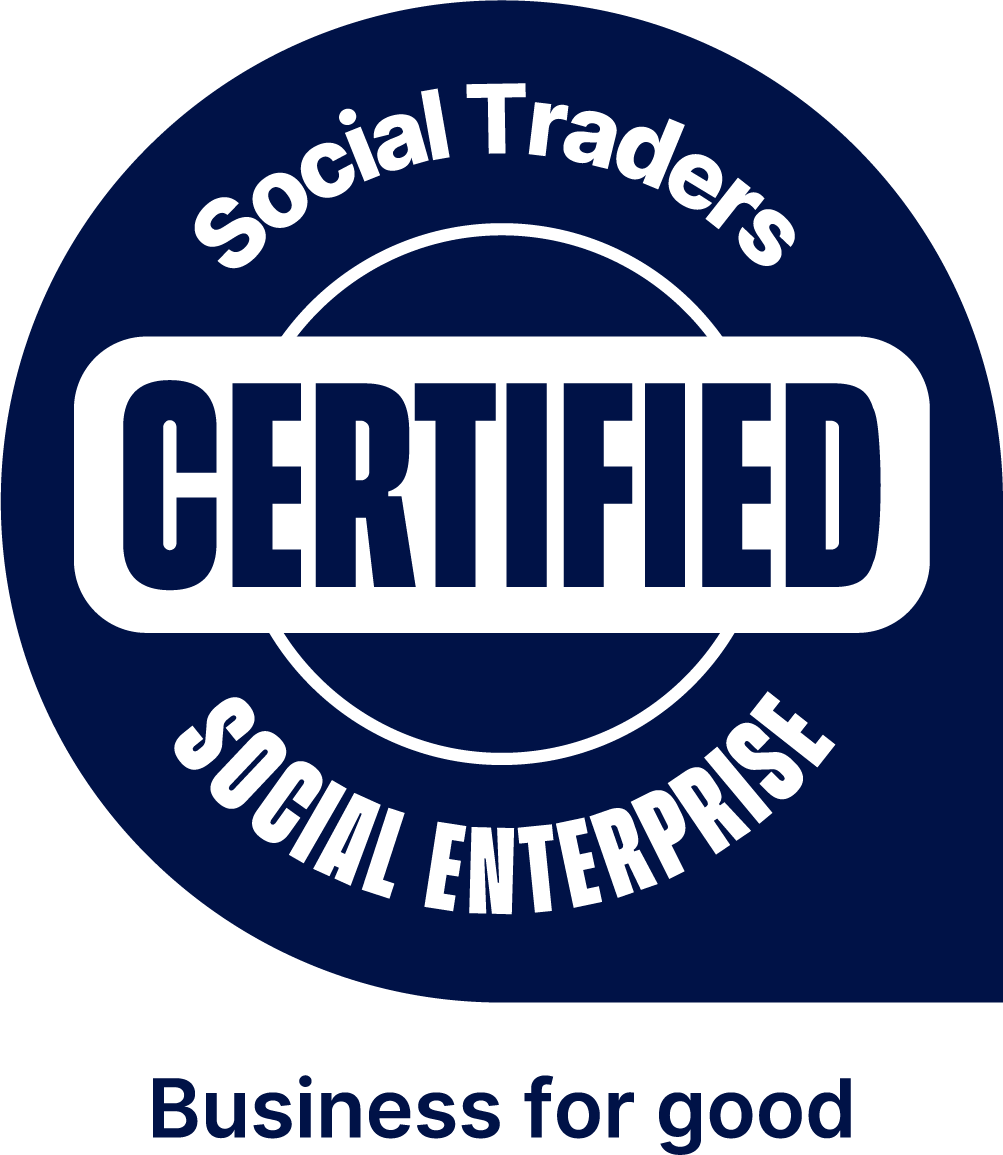During the month of October 2019 Chandler Macleod Group with be celebrating Safe Work Month with the theme of ‘We are all safety Leaders’. Our theme this year identifies that every individual in our business has the capacity and requirement to proactively act in a manner to ensure the safety of themselves and others.
This week our theme to highlight is Burn out.
What is burn out?
Burnout is a state of emotional, physical, and mental exhaustion caused by excessive and prolonged stress. It occurs when you feel overwhelmed, emotionally drained, and unable to meet constant demands. Burn out reduces productivity and saps your energy, leaving you feeling increasingly helpless, hopeless, cynical, and resentful.
Most of us have days when we feel helpless, overloaded, or unappreciated—when dragging ourselves out of bed requires the determination of Hercules. If you feel like this most of the time, however, you may be burned out.
Stress Vs. Burn out
Burn out may be the result of unrelenting stress, but it isn’t the same as too much stress. If excessive stress feels like you’re drowning in responsibilities, burn out is a sense of being all dried up. And while you’re usually aware of being under a lot of stress, you don’t always notice burn out when it happens.
Work-related causes of burn out
- Feeling like you have little or no control over your work
- Lack of recognition or reward for good work
- Unclear or overly demanding job expectations
- Doing work that’s monotonous or unchallenging
- Working in a chaotic or high-pressure environment
Lifestyle causes of burn out
- Working too much, without enough time for socializing or relaxing
- Lack of close, supportive relationships
- Taking on too many responsibilities, without enough help from others
- Not getting enough sleep
Personality traits can contribute to burnout
- Perfectionistic tendencies like ‘nothing is ever good enough’
- Pessimistic view of yourself and the world
- The need to be in control and the reluctance to delegate to others
- High-achieving, Type A personality
Is it time to act?
- Recognize – Watch for the warning signs of burnout
- Reverse – Undo the damage by seeking support and managing stress
- Resilience – Build your resilience to stress by taking care of your physical and emotional health
To deal with burnout, turn to other people
- Reach out to those closest to you, such as your partner, family, and friends
- Be more sociable with your co-workers. Developing friendships with people you work with can help buffer you from job burnout
- Limit your contact with negative people
- Connect with a cause or a community group that is personally meaningful to you
Reframe how you look at things
- Try to find some value in your work. Changing your attitude towards your job can help you regain a sense of purpose and control
- Find balance in your life – look for meaning and satisfaction in your life: in your family, friends, hobbies, or voluntary work
- Take some time off
Re-evaluate priorities
- Take a daily break from technology
- Nourish your creative side. Choose activities that have nothing to do with work or whatever is causing your stress
- Set aside relaxation time
- Get plenty of sleep
- Aim to exercise for 30 minutes or more per day or break that up into short, 10-minute bursts of activity. A 10-minute walk can improve your mood for two hours
Getting help
- Does your company have an EAP Service? Ask about this! If you work with Chandler Macleod, we do.
- https://www.beyondblue.org.au
References: https://www.helpguide.org/articles/stress/burnout-prevention-and-recovery.htm#




















